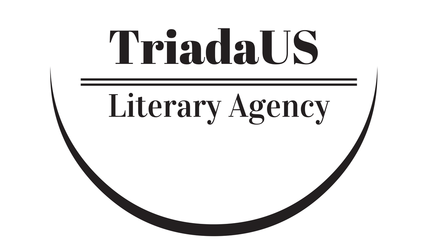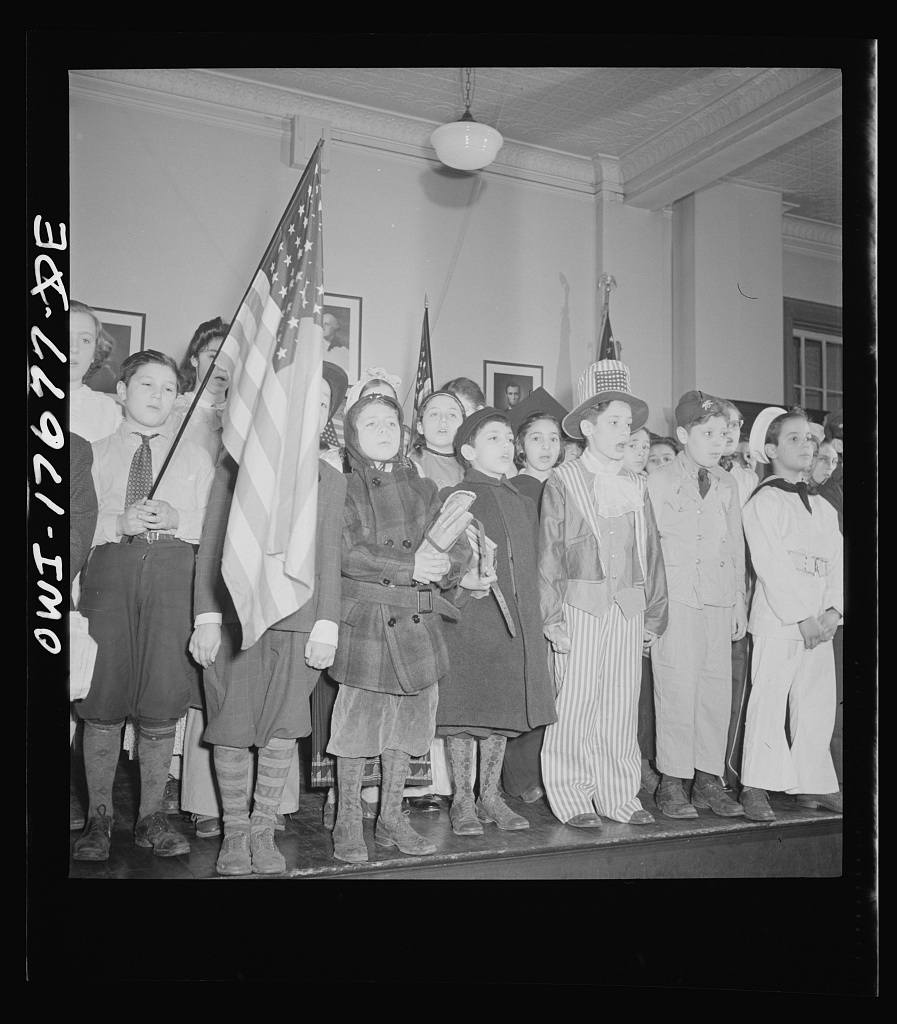 In my session on writing about mental health at NESCBWI 17, I talked about some tropes/stereotypes I particularly disliked. One of them: that medication makes you an emotional zombie. This, and the idea that creative people with mental illness will lose their creativity through therapy/medication, get me super rage-y. If you have a mental health issue, medication can be a huge help, and the right medication/dosage won’t rob you of your creativity.
In my session on writing about mental health at NESCBWI 17, I talked about some tropes/stereotypes I particularly disliked. One of them: that medication makes you an emotional zombie. This, and the idea that creative people with mental illness will lose their creativity through therapy/medication, get me super rage-y. If you have a mental health issue, medication can be a huge help, and the right medication/dosage won’t rob you of your creativity.
Which is why I was so happy to see this article about creativity, mental health, and medication in the New York Times.
Julia Fierro describes her experiences with obsessive-compulsive disorder, anxiety, and depression, and eventually finding medication and resources that work for her. But all of this care came after years of stress, and of going on and off medication, and how this has been a long journey to caring for herself as a person and as an artist.
One part in particular that stands out for me:
“Many of my favorite authors had suffered from anxiety or depression — Dostoyevsky, Fitzgerald, Plath, Woolf and Emily Dickinson…Surely, I told myself, their anguish was linked to their greatness. Instead of fleeing anxiety and depression (although many did douse their emotional instability with alcohol), they dived in and used their misery as inspiration for their creative work. I was convinced that killing the mad part of me with medication would also kill that which made me unique. I memorized a line by Proust: “Happiness is beneficial for the body, but it is grief that develops the powers of the mind.””
I feel like this is a pretty common assessment people make when it comes to creativity and mental health. For some reason we assume that if you want your brain to be firing on all creative cylinders, you need to embrace the parts of your brain that are bringing you down with depression, anxiety, bipolar disorder, etc. That creative people have to be mentally ill in order to be creative.
Which is total crap.
Like Fierro, I can’t write if I’m not taking care of my mental health. If I’m experiencing a bad bout of anxiety, I can’t focus on anything, much less muster the kind of focus that a draft requires. I can’t let myself spend time with my characters and their worlds, because I’m too busy worrying about what the publishing market is like, or if I should give up writing entirely because I’m the worst. When I’m anxious, I’m both way too hyped up and way too exhausted to be a creative person.
Thanks to therapy and medication, I can mostly write when I need and want to. (Getting myself off Twitter is another issue.) For me, creativity happens when my brain doesn’t have to deal with its own bad stuff. Maybe some artists don’t work well with medication, but that’s super not me, and that’s not what I know from most artistic friends who have mental health issues.
Fierro begins and ends her article by talking about how she shared the truth about her mental health struggles and successes with an audience at a reading. Fierro connected with her audience members by being honest, because some of them have been dealing with the same kinds of issues. At NESCBWI, I was so grateful that people in my session also opened up and talked about their own struggles and concerns. Because the more we talk about mental health and art, the more real we can be–and the more we know we’re not alone.





 Finish more book series I’ve started: I have this on the list every year and made some minor progress toward finishing some book series that I’d started. I completed the entirety of Jenny Han’s To All the Boys I’ve Loved Before series, and the Tiffany Aching section of Discworld (a series that I’m already continuing into 2018).
Finish more book series I’ve started: I have this on the list every year and made some minor progress toward finishing some book series that I’d started. I completed the entirety of Jenny Han’s To All the Boys I’ve Loved Before series, and the Tiffany Aching section of Discworld (a series that I’m already continuing into 2018). ead more poetry: Yeah, didn’t do much on this end, either. I think I’ll be better off if I try to check out literary magazines for their poetry than devote myself to collections.
ead more poetry: Yeah, didn’t do much on this end, either. I think I’ll be better off if I try to check out literary magazines for their poetry than devote myself to collections. Stretch my writing muscles: I didn’t end up being as stretchy as anticipated. For now I’m still solidly in the contemporary YA vein, which I like.
Stretch my writing muscles: I didn’t end up being as stretchy as anticipated. For now I’m still solidly in the contemporary YA vein, which I like. When I was preparing for a
When I was preparing for a  In my session on writing about mental health at
In my session on writing about mental health at 
